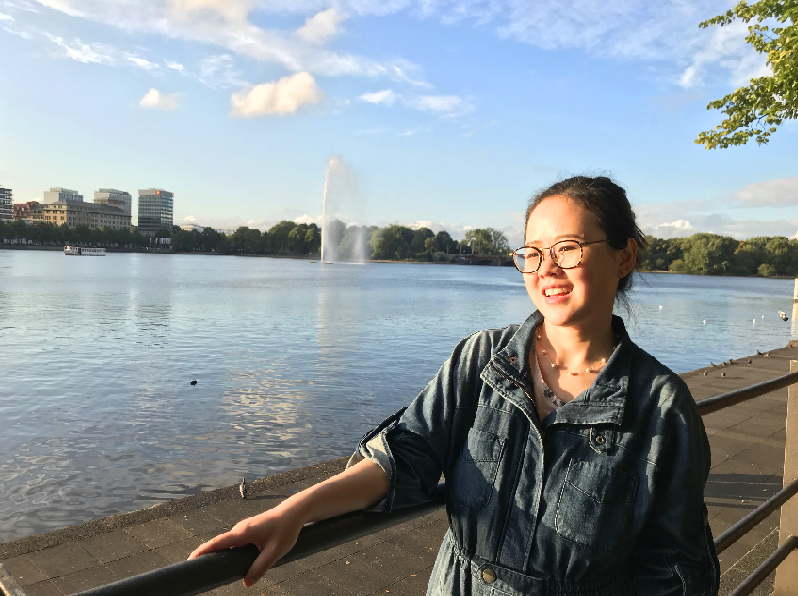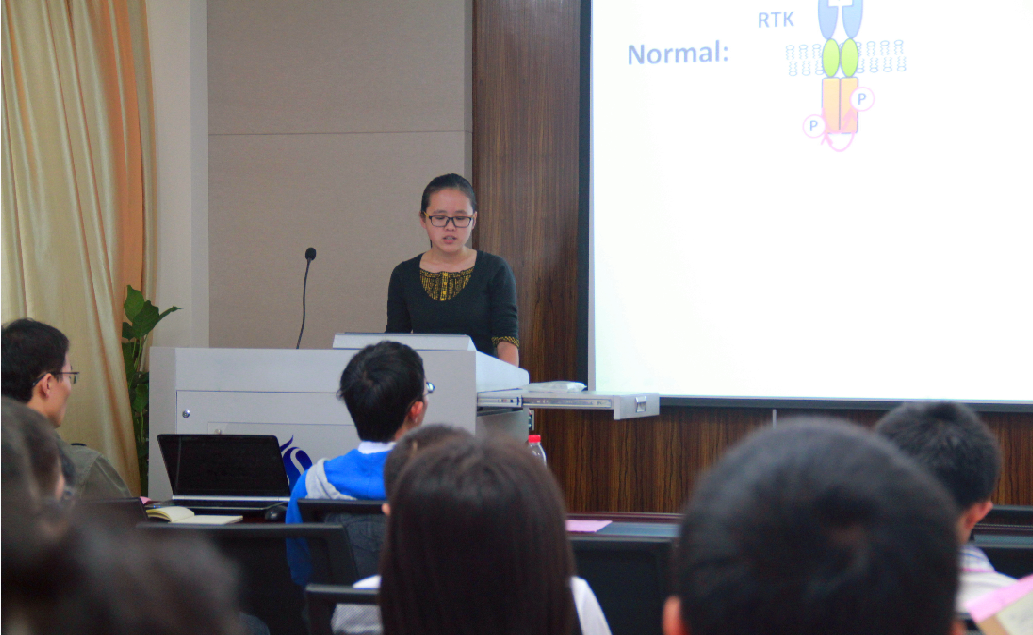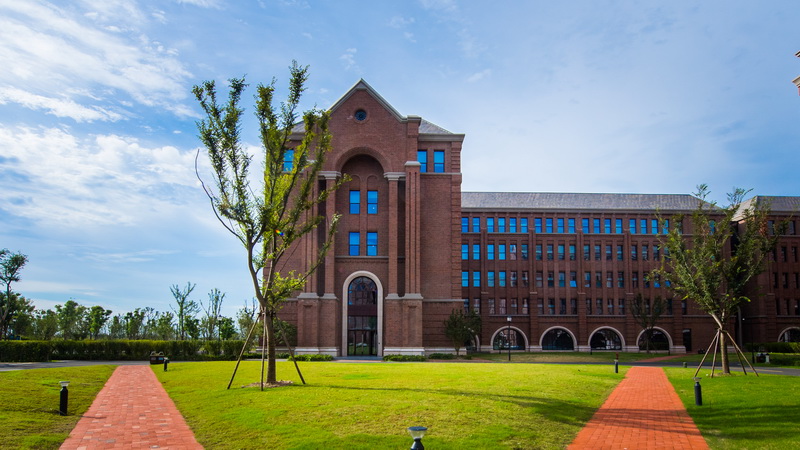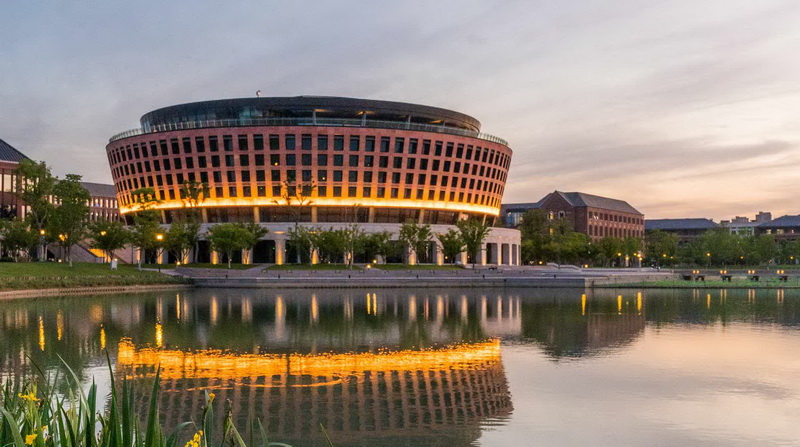Dr. ZHANG Qianting completed her doctoral degree at Zhejiang University, China. She worked as a postdoc at the Department of Chemistry and Molecular Biology, University of Gothenburg. Her research focuses on dissecting the molecular mechanisms of mammalian gametogenesis and tumorigenesis utilizing mammalian cell lines, gene-modified mouse models and human samples. She has published several scientific papers in top international journals such as Nature Cell Biology and Nature Communications.
Little did I know, when I was admitted as an undergraduate to Zhejiang University’s College of Life Sciences 13 years ago, just how important the ZJU connection would be in my life. That I would obtain a doctorate here, get married and have a child, and return to become a PI in ZJE after studying abroad. It seems that every time I stand at a crossroads in my life and face choices, it is the right time to reconnect with Zhejiang University: always ahead of the times, providing excellent conditions and flexible space for a scientific researcher like me to realize my dream. ZJU’s feat of establishing the International Campus in Haining, in response to the demand for further developing the globalization of education and scientific research, gave me another opportunity to work in my alma mater.

Internationalization and keeping pace with the times have always been important trends in the development of life sciences research. Since 2008, China has implemented policies aimed at attracting overseas high-level talents. Zhejiang University established the Life Sciences Institute in 2009, recruited outstanding young scientists from overseas, and began to adopt the PI appointment system and international management models. After being interviewed for the first cohort of exam-exempted PhD students in the Life Sciences Institute, I immediately decided to take the opportunity offered to develop my independence and creativity. Over the past decade, the development of a dynamic and independent domestic biomedical research scene has been driven forward by a large number of top scientific researchers who have returned to China. The magazine “Nature Index 2019 Annual Tables - Biomedical Sciences” shows that China’s biomedical research output from 2012 to 2018 ranked second in the world, with an increase of more than 140%, far exceeding other leading countries.
Research and education are complementary and inseparable and, while we have top scientists and have made tremendous progress in scientific research, we also need to focus on talent cultivation. Only by sharing advanced scientific ideas and enhancing the creativity of the overall scientific research team, can we have international appeal and become a pioneer in the forefront of life sciences.

In recent years, China has begun to attach importance to strengthening the internationalization of education. The International Campus and Zhejiang University-University of Edinburgh Institute, ZJU, were established at a historic moment, and have become a high-quality platform for international cooperative education. For a long time, Chinese students have shown their excellent literacy and logic skills to the world, but they have lacked communication and practical skills. In this new era, international cooperative education can benefit students from two perspectives. Firstly, it provides Chinese students with an international learning and research environment, improves the frequency, quality, and depth of their interactions with foreign teachers and students, and strengthens cross-cultural exchanges and cooperation. Secondly, it focuses on training the students’ modes of thinking, increases the depth of students’ knowledge and understanding, and establishes a research-oriented teaching methodology.
“Any exchange can only have vitality through two-way interaction,” said Luo Kai, president of the Minerva University in Asia. The type of international education we are building now not only encourages Chinese students to go to the world’s top institutions for further study, but also attracts young talents from other countries who will in the future spread Chinese education concepts and teaching methods throughout the world. During my studies in Sweden, I often heard people talked about their children or friends who studied in China and who told them about the unique Chinese culture. China is increasing its appeal to international faculty and students. Zhejiang University has accumulated strong scientific research strength and a first-class international reputation. Tenured professors in ZJE and part-time professors from UoE provide strong support for the International Campus and enhance its international influence.
Returning to Zhejiang University, I look forward to great opportunities and to facing the biggest challenges of my life. As an assistant professor, I will help the Institute design professional courses that are oriented to the frontiers of science and technological progress, and explore a variety of new higher education models. At the same time, I will also set up my own research team to develop unique research areas. In the past, I mainly studied the molecular mechanism of early tumorigenesis and the development of mammalian germ cells into mature gametes. I believe that Zhejiang University is becoming a rising star in China’s international education, and I want to play my part.
Written by ZHANG Qianting, ZJE Assistant Professor
Translation: LIU Shuaiyin & Roda Morrison





